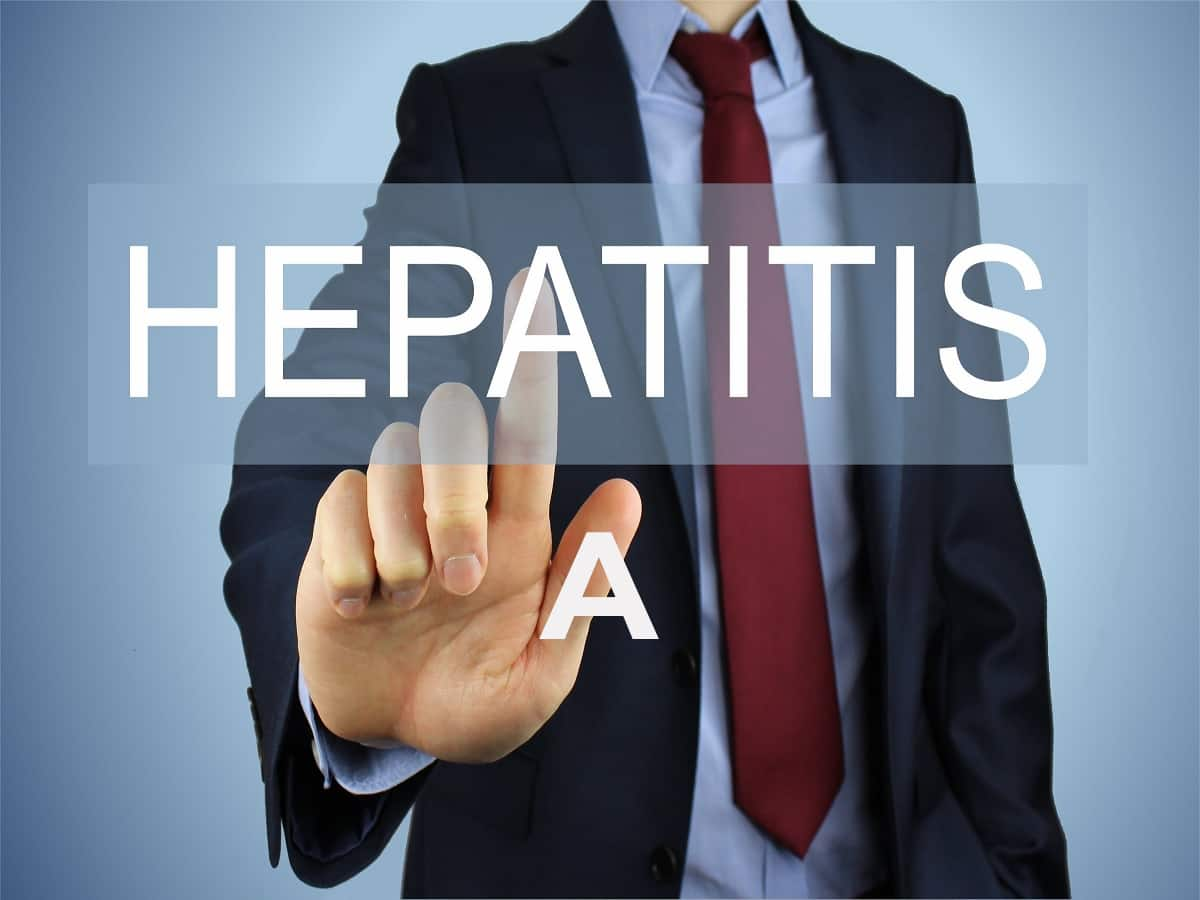Cancer Screening Increases Chances Of Survival –  New screening approaches like multi-cancer early detection (MCED) tests are now being developed for screening.
New screening approaches like multi-cancer early detection (MCED) tests are now being developed for screening.
Cancer is the second most common cause of death worldwide. India much like other countries has a rising burden of the disease with an estimated 70 per cent of cancers that can be prevented. As per reports, more than one-third of cancer cases can be prevented through simple testing and lifestyle modification. However, there is less focus on prevention. Awareness about cancer screening continues to be low in many parts of the country.
In the words of an expert, there were roughly 19 to 20 lakh cancer cases reported in India in 2022. The number of these cases is anticipated to double by 2040. Every year on November 7, National Cancer Awareness Day is observed to increase the understanding of the disease, its mortality rate among those battling it, and ways to provide financial support to those undergoing cancer treatment.
Early detection, screening & management of common #cancers can lead to better health outcomes. #NationalCancerAwarenessDay#SwasthaBharat@PMOIndia@mansukhmandviya@DrBharatippawar@PIB_India@mygovindia@AmritMahotsav@DDNewslive@airnewsalertspic.twitter.com/BqA36R2lV6 Ministry of Health (@MoHFW_INDIA) November 7, 2022
Decoding Cancer Screening Test: Expert Speaks
In the words of Dr. Kanury Rao, Co-founder and CSO, PredOmix, the need for early diagnosis of this disease in India stems from the fact that a significant portion of cases involves patients who are diagnosed with it at an advanced stage, decreasing their chances of survival.
Dr. Rao while talking to Healthsite.com explains the purpose and importance of cancer screening tests. He said: “Cancer screenings are medical tests done when you are healthy, with no signs of illness. The purpose of cancer screening is to identify cancer at an early stage when there is still a high chance of successfully treating the disease. Depending on a person’s age and risk factors, regular cancer screening exams are recommended for breast, cervical, colorectal, prostate cancer and lung cancer.”
Physical tests are also important for early detection
Dr Rao also explained the importance of physical tests in early detection of cancer. He said: “Aside from the screening tests I spoke about earlier, some cancers are also discovered during routine doctor visits when a medical professional finds an unusual lump or skin lesion during a physical examination or when routine blood tests reveal an abnormality. New screening approaches like multi-cancer early detection (MCED) tests are now being developed for screening.”
Common cancer screening tests you must know
The purpose of cancer screening is to reduce mortality and morbidity in a population through early detection and early treatment of the condition. The following are some common cancer screening tests that one must know-
- Mammography can reduce deaths from breast cancer in age groups 40 to 74, especially between ages 50 to 69.
- Human papillomavirus (HPV) tests and Pap tests can be used separately or in combination to detect cervical cancer.
- Colonscopy and stool tests can reduce the risk of dying from colorectal cancer
- Low-dose helical computed tomography, a kind of CT scan has been used to reduce the risk of dying from lung cancer among heavy smokers.
- A CA-125 blood test which is often clubbed with transvaginal ultrasound is used to detect early ovarian cancer.
- Multicancer early detection tests (MCED) can measure biological markers in bodily fluids that may be shed by cancer cells. Home Page Cancer Screening Increases Chances Of Survival









